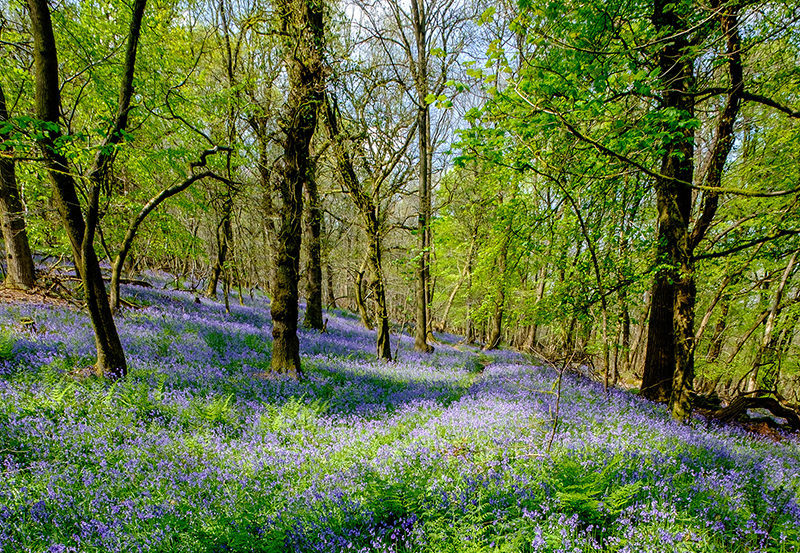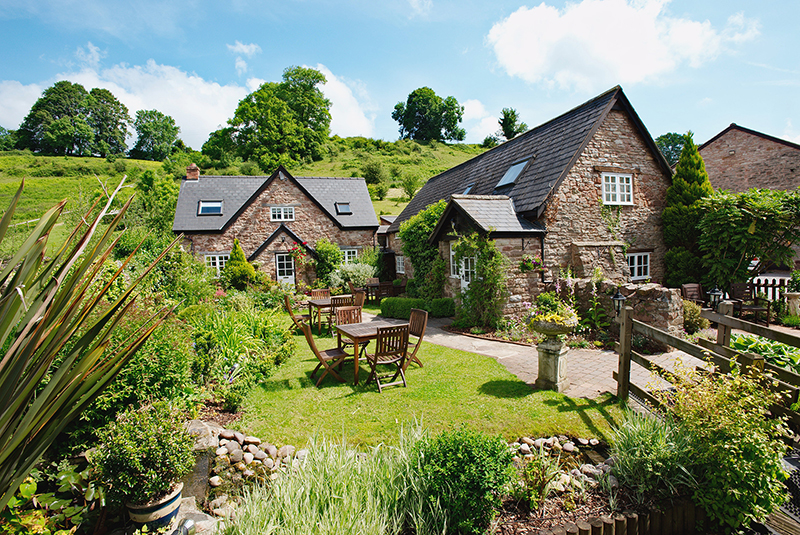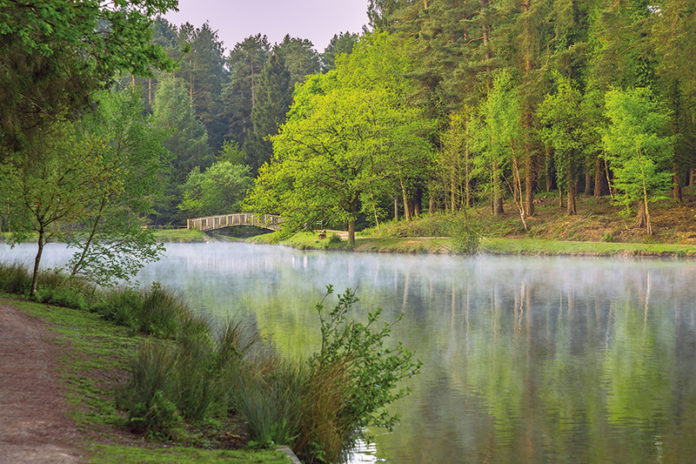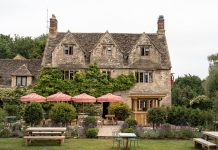This picturesque part of the Wye Valley offers woodland walks, steam trains and real-ale pubs, writes Karen Campbell
This sweet corner of western Gloucestershire, used as a royal hunting ground even before William the Conqueror and his forces arrived in 1066, is a rare survivor of an ancient forest and a glorious place to spot bluebells each spring.
It comprises more than 42 square miles (110 sq km) of mixed woodland, which might not sound huge, but its rich ecology allows foxgloves and other wildflowers to flourish, and its inhabitants include rare butterflies, birds and wild boar. The latter were largely reintroduced illegally in 2004 to the dismay of some.
History and wildlife

Wild boar would have roamed these woods when Henry VIII and his fellow Tudor kings ruled, providing much of the meat served up in the notorious Tudor banquets. Back then,
timber from here was also considered particularly fine and was used to build ships.
Driving along the winding roads past rolling hillsides today, it looks like little has changed since Henry’s time so where better to stay than in the aptly named Tudor Farmhouse, in the small village of Clearwell.
The 14-acre site fuses old and new magnificently with recently built abodes amid original 16th-century buildings. The boutique hotel has 20 luxurious bedrooms and is set in a large meadow with a small farm, which guests are free to explore. Bedrooms boast wood beams, roll-top baths and cheerful touches such as homemade biscuits and toiletries unique to the hotel.
The focal point in the village is a cross, which dates from the 14th century, and records show that in the early 17th-century Clearwell was home to 22 craftsmen and tradespeople, including two grindstone hewers and a lime burner.
‘An impressive monastic ruin’

The town’s industrial past reaches back much further, perhaps to Roman times, when Clearwell Caves, on the edge of the village, may have been mined for iron ore. Today you can descend into this subterranean world to see the natural caverns the miners would have worked in. Just eight miles away and crossing into Wales is Tintern Abbey, one of the most impressive monastic ruins in Britain, which fell into disrepair following Henry VIII’s Dissolution of the Monasteries in the mid 16th century.
Puzzlewood, where JRR Tolkien is said to have taken inspiration for his fictional Middle-earth in The Lord of the Rings, is also nearby. The woods are enchanting and unspoiled – pick your way through the maze of evergreen trees, crossing rickety bridges and passing mossy rocks en route.
Afterwards, take a pitstop in the local Butchers Arms pub, which has been plying
its trade since 1802, making it one of the oldest pubs in the Forest of Dean.
For a real slice of nostalgia, step aboard the heritage Dean Forest Railway, which runs steam trains from Lydney to Parkend. Hop on and off along the route and follow one of the walking trails, or refresh yourself at one of the real-ale pubs or cafés.
Where to stay

Come dinnertime, head back to the Tudor Farmhouse where head chef Rob Cox prides himself on using produce sourced within a 20-mile radius as well as ingredients grown in the grounds. Food is delicious and includes dishes such as Severn and Wye Smokery smoked eel, and Cotswold lamb with sweet and sour apricots. After dinner, have a nightcap in the cosy lounge before bedding down for the night.
The next day, take time to explore the River Wye – you can even do so on the water if
you are brave enough. Wye Canoes hires out boats allowing you to view wildlife up close – swans, kingfishers and herons can all be spotted – as well as soak up the sights and sounds of this gorgeous rural haven.
Travel essentials
Getting there
Trains run from London Paddington to Lydney with one change at Newport or Gloucester. Traveline provides details on local bus services.






 © 2024
© 2024